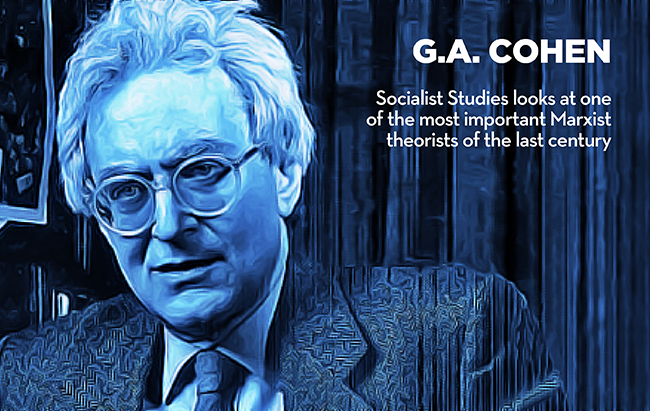Facts, Principles and the Third Man
DOI:
https://doi.org/10.18740/S47595Abstract
In the dialogue entitled “Parmenides” Plato introduces an objection to his own theory of ideas, one that he never managed to answer, dubbed by Aristotle as the “Third Man” argument. According to that objection, the theory of ideas is threatened with infinite regress when examining why a specific Platonic form (say, justice) is predicated of a particular set of facts. This article seeks to show how any defence of fact-insensitive principles like the one offered by G.A. Cohen in his recent book “Rescuing Justice and Equality” is vulnerable to a similar objection. Cohen wants to insist that, when showing why facts support principles, the process of reason-giving is finite and terminates in fact-independent comprehensive principles. But something like the Third Man argument undermines Cohen’s conclusion just as it does Plato’s. The search for ultimate fact-independent principles is indeed threatened by infinite regress. Dans le dialogue intitulé ‘Parmenides’ Platon introduit une objection à sa propre théorie des idées, à laquelle il n’a jamais réussi à répondre, appelée par Aristote l’argument du « troisième homme ». D’après cette objection, la théorie des idées est menacée par une régression à l’infini lorsque l’on examine comment une forme platonique spécifique (par exemple, la justice) s’établit à partir d’un ensemble particulier de faits. Cet article cherche à montrer que toute défense de principes insensibles aux faits, comme celle offerte par G.A. Cohen dans son livre récent, Rescuing Justice and Equality est vulnérable à une objection semblable. Cohen voudrait montrer que lorsque l’on montre pourquoi certains faits soutiennent des principes, le processus explicatif est fini et se termine dans des principes complets qui sont indépendants des faits. Mais, quelque chose de semblable à l’argument du troisième homme est susceptible de saper les conclusions de Cohen comme celles de Platon. La recherche pour des principes ultimes indépendants des faits est bien menacé par une régression à l’infini.Downloads
Published
Issue
Section
License
Copyright: Authors who publish in the Journal agree to the following terms: 1)Authors retain copyright and grant the Journal the right of first publication with the work simultaneously licensed under a Creative Commons Attribution License that allows others to share the work with an acknowledgement of the work's authorship and initial publication in the Journal; and, 2)Authors are able to enter into separate, additional contractual arrangements for the non-exclusive distribution of the Journal's published version of the work (eg post to an institutional repository or publish it in a book), with an acknowledgement of its initial publication in the Journal.






